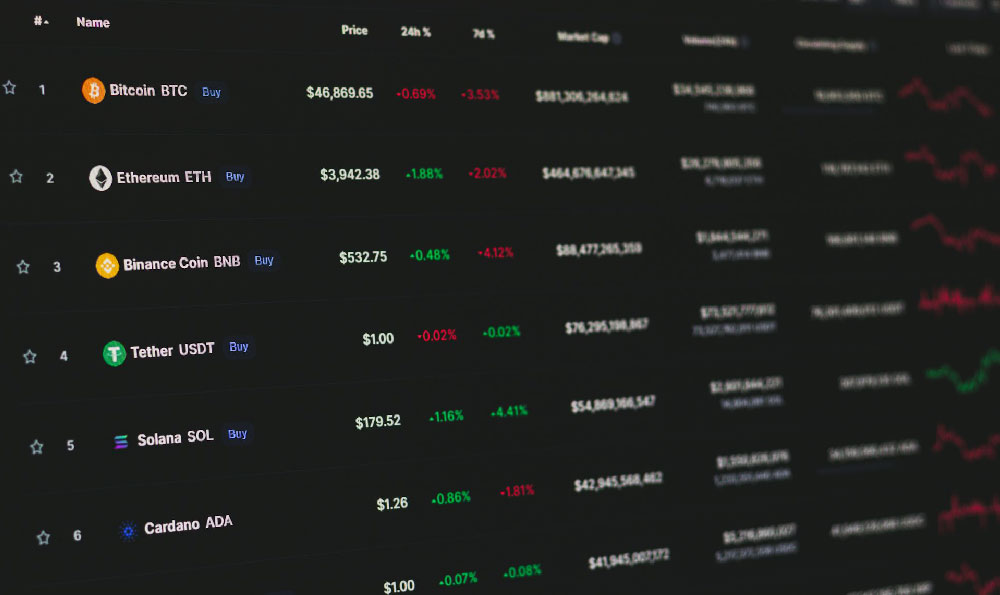Okay, I understand. Here's an article exploring blockchain investment, avoiding the explicit title, dot-point structures, and those specific transitional phrases, all written in English:
The allure of blockchain technology, the foundation underpinning cryptocurrencies and a growing range of other applications, has drawn significant attention from investors seeking to capitalize on its disruptive potential. However, navigating the blockchain investment landscape requires careful consideration of the available options, their associated risks, and whether such investments align with an individual’s financial goals and risk tolerance.
One of the most direct ways to gain exposure to blockchain is through cryptocurrencies like Bitcoin and Ethereum. These digital assets, built on decentralized ledgers, offer the potential for significant returns, driven by factors such as adoption rates, technological advancements, and overall market sentiment. Yet, the volatility inherent in cryptocurrencies cannot be ignored. Prices can fluctuate dramatically, influenced by regulatory announcements, security breaches, and even social media trends. Investing directly in cryptocurrencies demands a high tolerance for risk and a willingness to weather potential losses. Before venturing into this market, thorough research on individual cryptocurrencies, their underlying technology, and the factors influencing their value is paramount. Understanding concepts like market capitalization, consensus mechanisms (proof-of-work, proof-of-stake), and the tokenomics of a specific cryptocurrency is essential for making informed investment decisions.

Beyond cryptocurrencies, another avenue for blockchain investment lies in the equity market. Numerous publicly traded companies are actively involved in developing blockchain-based solutions, whether it's in the realm of supply chain management, fintech, or cloud computing. Investing in these companies offers indirect exposure to the technology's growth without the direct volatility associated with cryptocurrencies. However, it's crucial to remember that these companies are subject to the same market forces and business risks as any other publicly traded entity. A company's overall performance, market competition, and macroeconomic factors can all influence its stock price, regardless of its involvement in blockchain. Thoroughly researching a company's financials, its management team, and its competitive positioning within the broader market is indispensable.
Venture capital represents a third, often more exclusive, avenue for blockchain investment. Early-stage blockchain startups, developing innovative solutions and platforms, often seek funding from venture capital firms. Investing in these companies can offer the potential for substantial returns if the startup achieves significant growth and adoption. However, venture capital investments are inherently high-risk and illiquid. Many startups fail, and even successful ones may take years to generate returns. This investment strategy is generally suitable only for sophisticated investors with a long-term investment horizon and a high tolerance for risk. Due diligence in this space goes beyond simply assessing a company's technology. It involves evaluating the team's experience, the market opportunity, the competitive landscape, and the overall business plan with meticulous detail.
Exchange-Traded Funds (ETFs) focusing on blockchain technology have emerged as a convenient option for investors seeking diversified exposure. These ETFs typically hold a basket of stocks of companies involved in blockchain development, providing broader exposure than investing in individual companies. While ETFs offer diversification and liquidity, they also come with management fees and may not perfectly track the performance of the underlying blockchain market. Understanding the ETF's investment strategy, its holdings, and its expense ratio is essential for making an informed decision.
Beyond these more conventional investment methods, decentralized finance (DeFi) offers newer, more complex, avenues for potential returns. DeFi platforms allow users to lend, borrow, and trade cryptocurrencies without intermediaries. While some DeFi protocols offer attractive yields, they also come with significant risks, including smart contract vulnerabilities, impermanent loss (a potential loss when providing liquidity to a decentralized exchange), and regulatory uncertainty. Engaging in DeFi activities requires a deep understanding of the underlying technology and a willingness to accept the associated risks.
Before venturing into any blockchain investment, a clear understanding of personal financial goals and risk tolerance is essential. Consider the investment horizon – how long can the funds be tied up? Assess the capacity to withstand potential losses. Diversification is key to mitigating risk. Avoid putting all investment capital into a single blockchain-related asset. Spread investments across different asset classes and sectors to reduce overall portfolio volatility.
Furthermore, it’s imperative to stay informed about the evolving regulatory landscape surrounding blockchain and cryptocurrencies. Regulatory changes can significantly impact the value and viability of blockchain-related investments. Keeping abreast of legal developments in different jurisdictions is crucial for making informed decisions and avoiding potential legal pitfalls.
The decision of whether or not to invest in blockchain is ultimately a personal one. There's no guaranteed path to success, and losses are certainly possible. It necessitates a measured approach, combining thorough research, realistic expectations, and a clear understanding of personal risk tolerance. Blockchain technology undoubtedly holds immense promise, but informed participation is paramount to navigating this complex and rapidly evolving space.












